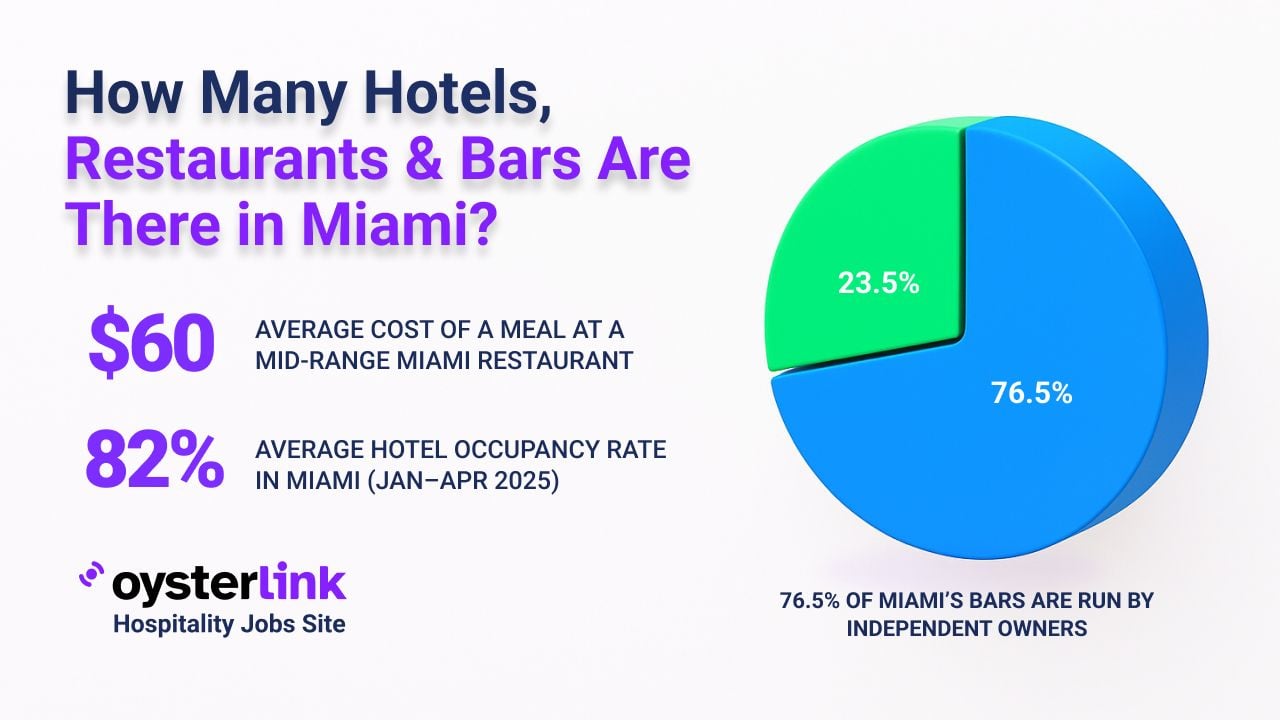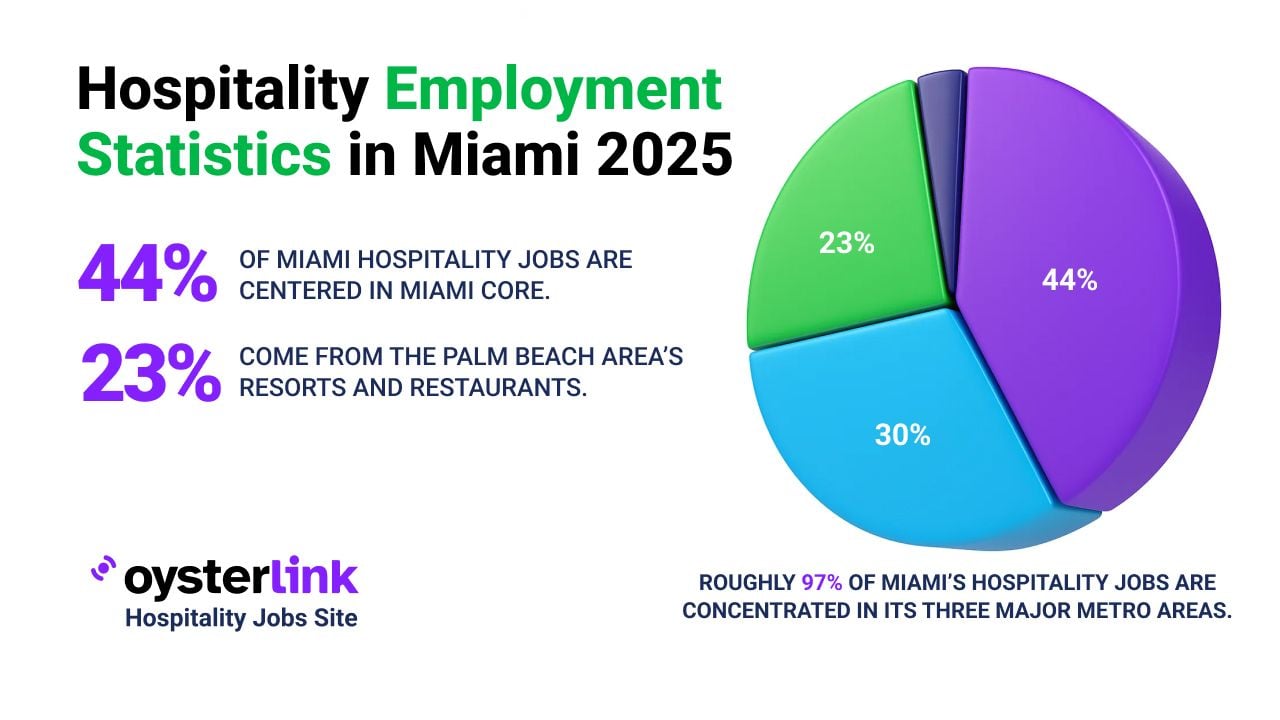How to Conduct Background Checks for Waitress: Key Takeaways
- Complying with the Fair Credit Reporting Act (FCRA) is mandatory when performing background checks for waitress candidates.
- State laws like Ban-the-Box and time limits on reporting convictions further restrict how and when background checks can be used.
- Employers must obtain written consent, provide proper notices, and allow applicants to dispute adverse findings before final decisions.
Conducting background checks for waitress positions requires strict adherence to FCRA and relevant state laws. Employers must ensure compliance to protect both the applicant’s rights and avoid legal pitfalls.
This guide outlines how to properly conduct background checks without violating federal and state regulations, ensuring a fair and lawful hiring process.
For broader context, see our overview of restaurant background checks.
1. Understanding FCRA Requirements for Background Checks for Waitress
The Fair Credit Reporting Act (FCRA) is a federal law that governs the use of consumer reports, including background checks, for employment purposes. When screening candidates for waitress positions, employers must follow several key steps to remain compliant:
Review related job posting compliance to align your hiring workflow with regulations.
Disclosure and Authorization Before Checking Background
Employers must provide the job applicant with a clear and conspicuous written disclosure stating that a background check will be obtained for employment purposes. This notice must be a standalone document separate from the job application.
The applicant's written consent to the background check must be obtained prior to any report being requested. Without proper authorization, running a background check can lead to legal liability.
Clarify role expectations with the waitress job description before screening.
Ensuring Permissible Purpose of Background Checks
Under the FCRA, background checks can only be conducted for permissible purposes, which include evaluating candidates for employment. It is important that the information collected is relevant and used solely to assess suitability for the waitress role, avoiding misuse.
When you reach interviews, use this waitress interview guide to evaluate candidates consistently.
Accuracy and Relevance of Information
Employers must use reasonable procedures to ensure the information in the background report is accurate and complete. Care should be taken to exclude outdated or irrelevant details, such as very old criminal records or information unrelated to the job’s duties.
Prepare fair, structured evaluations with waitress interview questions tailored to the role.
Adverse Action Notice Procedures
If an employer contemplates taking adverse action—such as declining to hire—based on the background check report, they must:
- Provide a pre-adverse action notice to the applicant containing a copy of the background report and a summary of rights under the FCRA.
- Allow the candidate a reasonable time frame to dispute or clarify the information.
- Only proceed with final adverse action after the dispute process is complete or the waiting period has expired.
Round out your process with practical hiring servers tips that complement compliant screening.
2. Considering State Laws in Background Checks for Waitress
In addition to FCRA compliance, employers must be mindful of state and local laws which may impose further restrictions or requirements:
To support pay transparency and equity, benchmark compensation using current waitress salary data.
Ban-the-Box Laws and Timing Restrictions
Ban-the-Box laws prohibit employers in certain states or cities from asking about criminal history on initial job applications. For example, California's Fair Chance Act mandates that inquiries into criminal background occur only after a conditional job offer is extended.
Post-offer, plan consistent assessments with server interview questions.
Limits on Reporting Criminal Convictions
States like California, New York, and Washington impose time limits—often seven years—on how far back criminal convictions can be reported or considered. Employing older conviction information may be illegal unless a job-specific exception applies.
Restrictions on Use of Arrest Records
Several states restrict employers from using arrest records that did not result in convictions in employment decisions. Employers should confirm state rules to avoid unfairly penalizing candidates for arrests without convictions.
3. Best Practices for Compliant Background Checks for Waitress
To ensure lawful and effective background screening, employers should adopt the following best practices:
- Stay Informed: Regularly update hiring policies to reflect changes in FCRA and evolving state laws.
- Train HR Personnel: Educate staff involved in hiring about legal obligations, including disclosure, consent, and adverse action procedures.
- Maintain Records: Keep detailed documentation of all disclosures, authorizations, reports received, and adverse action notices provided.
- Use Reputable Screening Companies: Partner with consumer reporting agencies that comply with FCRA and provide accurate reports.
- Respect Privacy and Fairness: Only collect information relevant to the job and treat all candidates equally without discrimination.
4. Conclusion on Background Check Compliance for Waitress Positions
Conducting background checks for waitress candidates involves navigating complex federal and state regulations designed to protect applicants’ rights and ensure fair treatment.
Employers must provide clear disclosure and obtain consent under the FCRA, focus on accurate and relevant information, and strictly follow adverse action steps. They must also comply with state-level restrictions such as Ban-the-Box laws and limitations on reporting criminal history.
Implementing best practices like ongoing training and detailed recordkeeping will help businesses maintain lawful, transparent, and equitable hiring processes.
5. Useful Resources for Employers Conducting Background Checks
- Fair Credit Reporting Act (FCRA) Guidelines - FTC
- Equal Employment Opportunity Commission (EEOC)
- U.S. Department of Labor - Hiring and Employment
- State Background Check Laws - Nolo




.webp)
.webp)